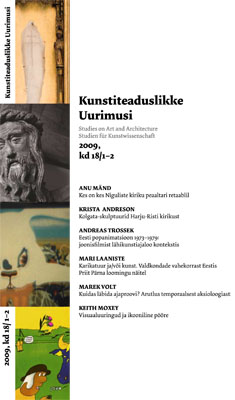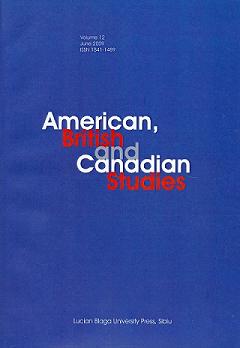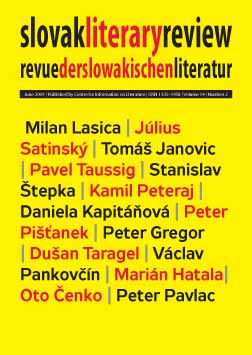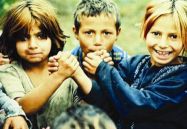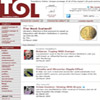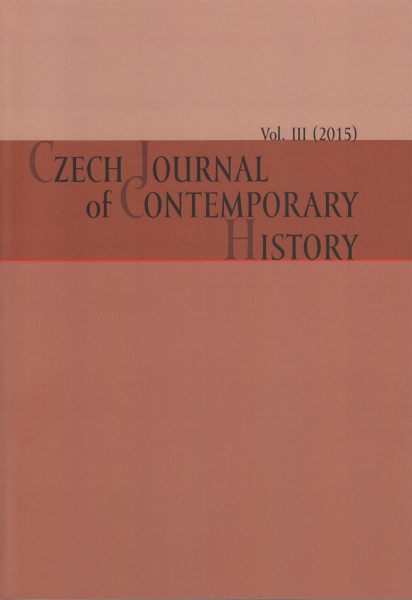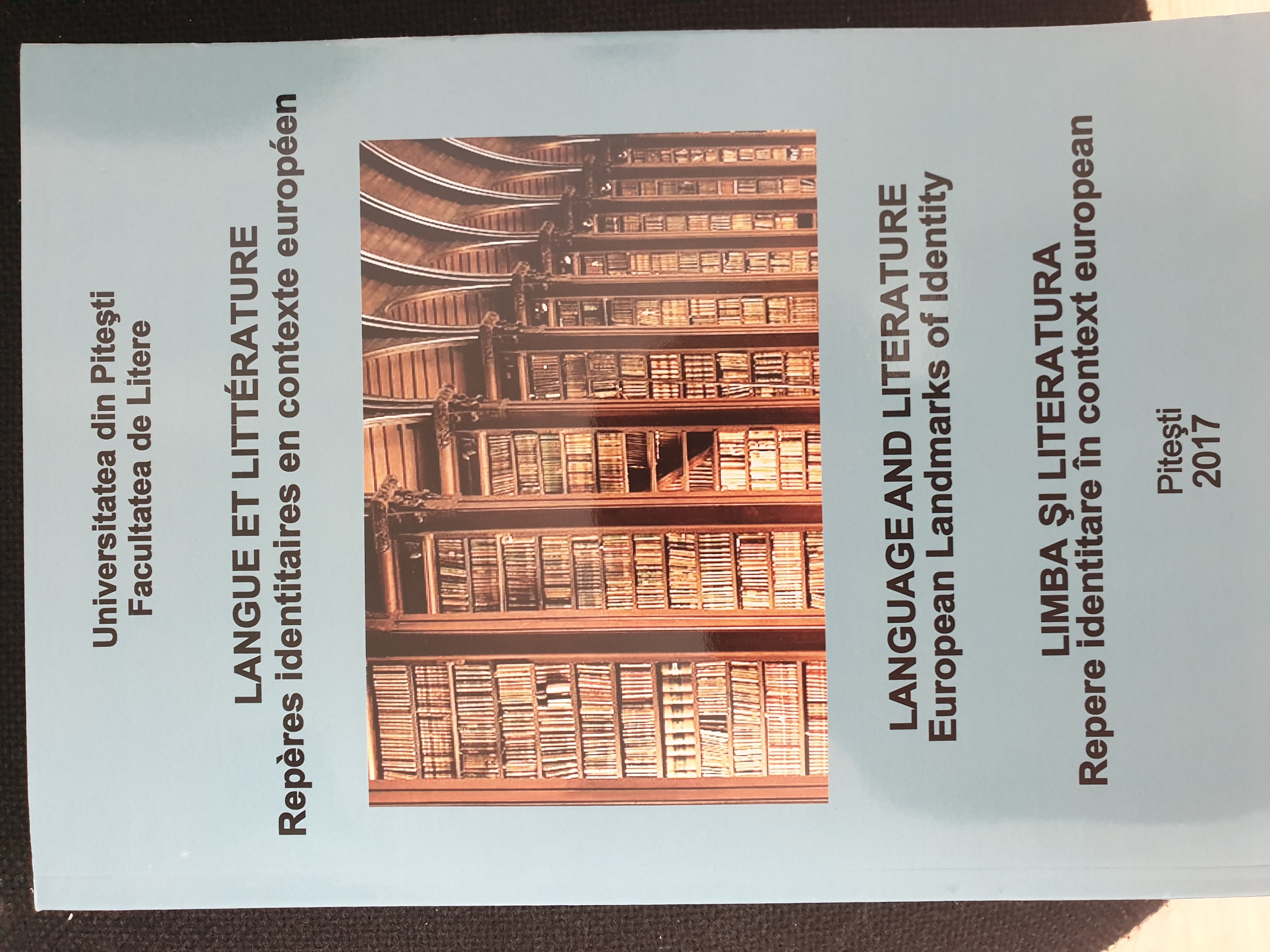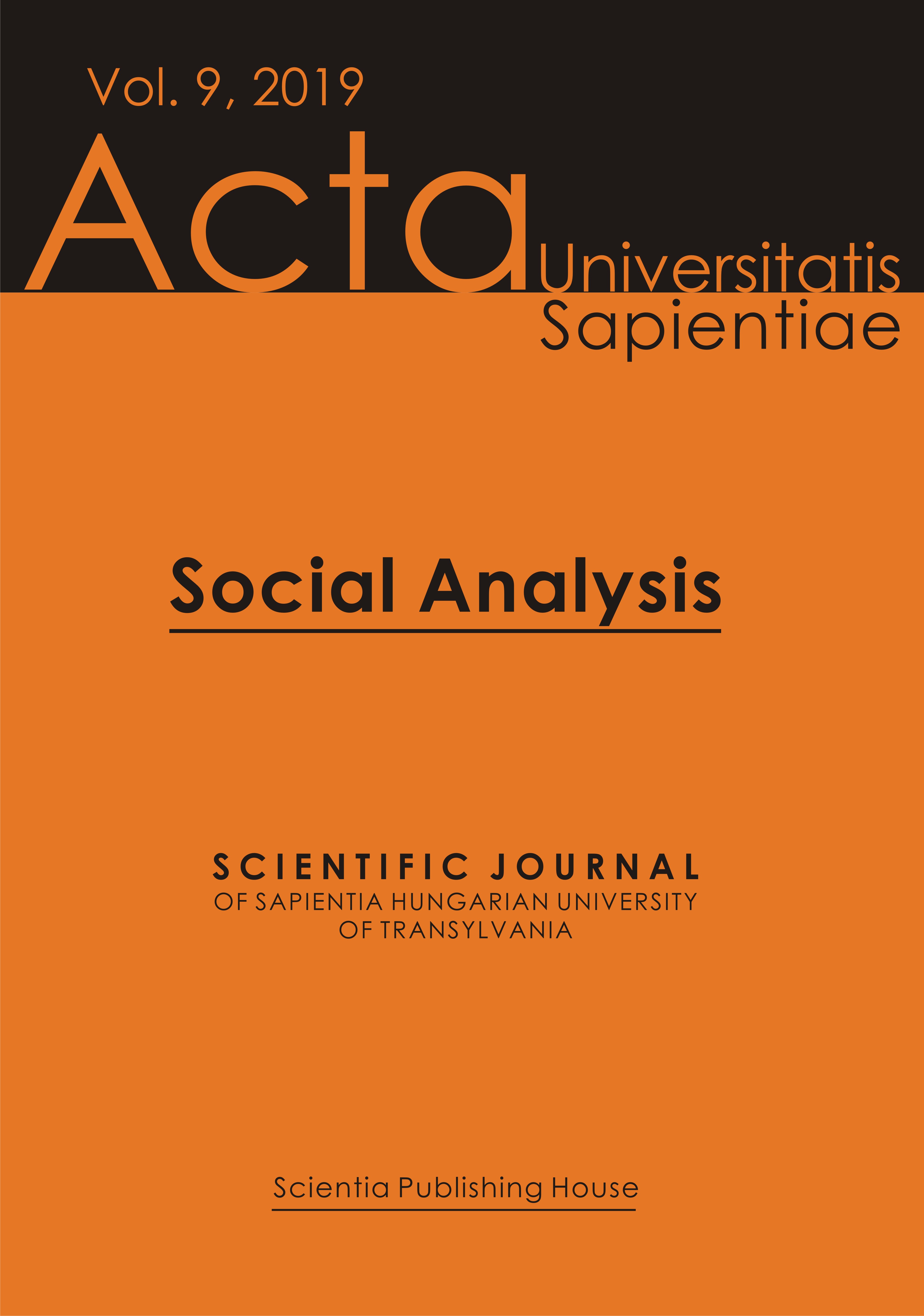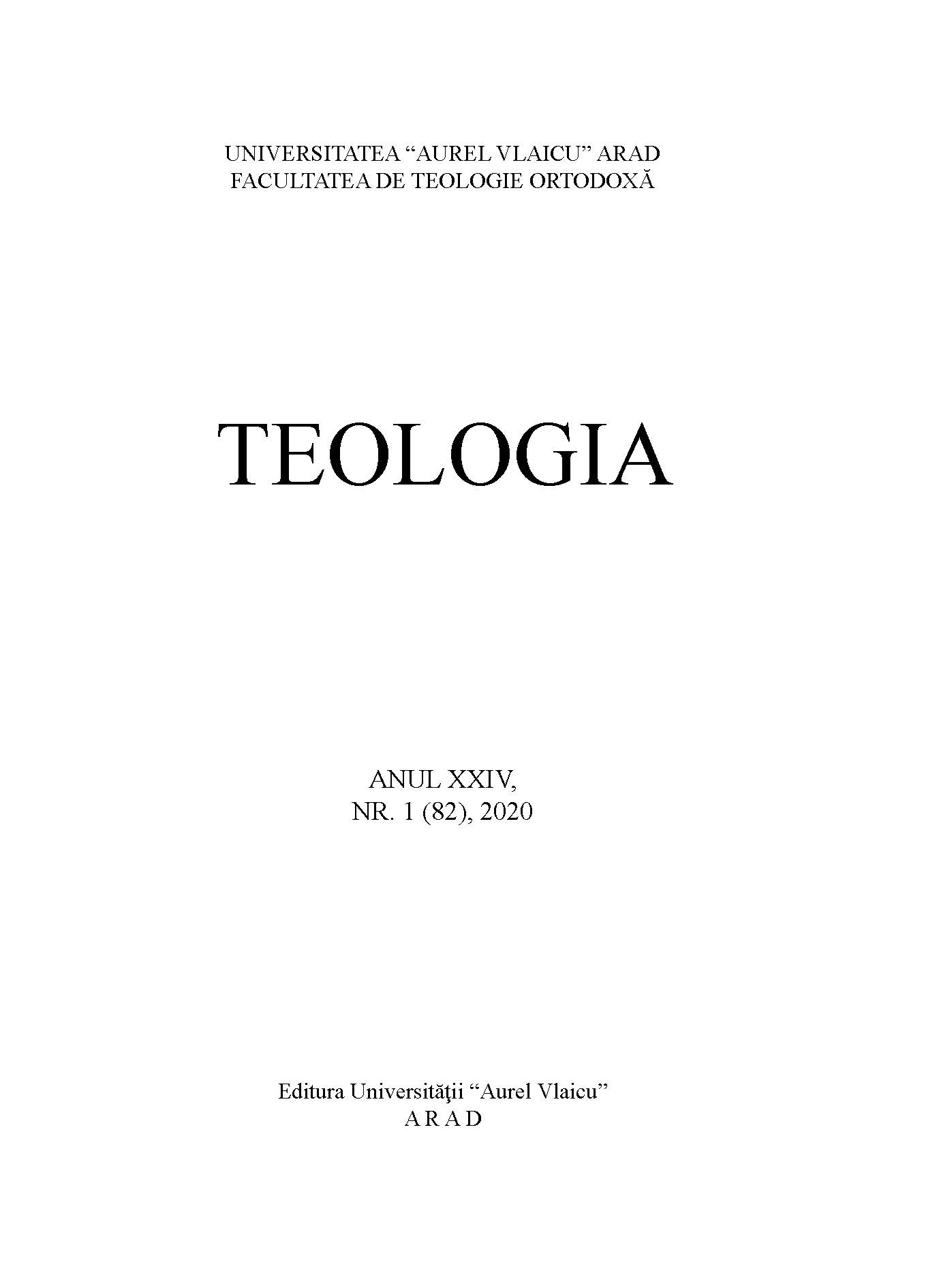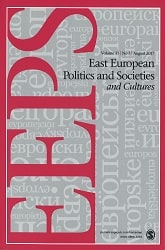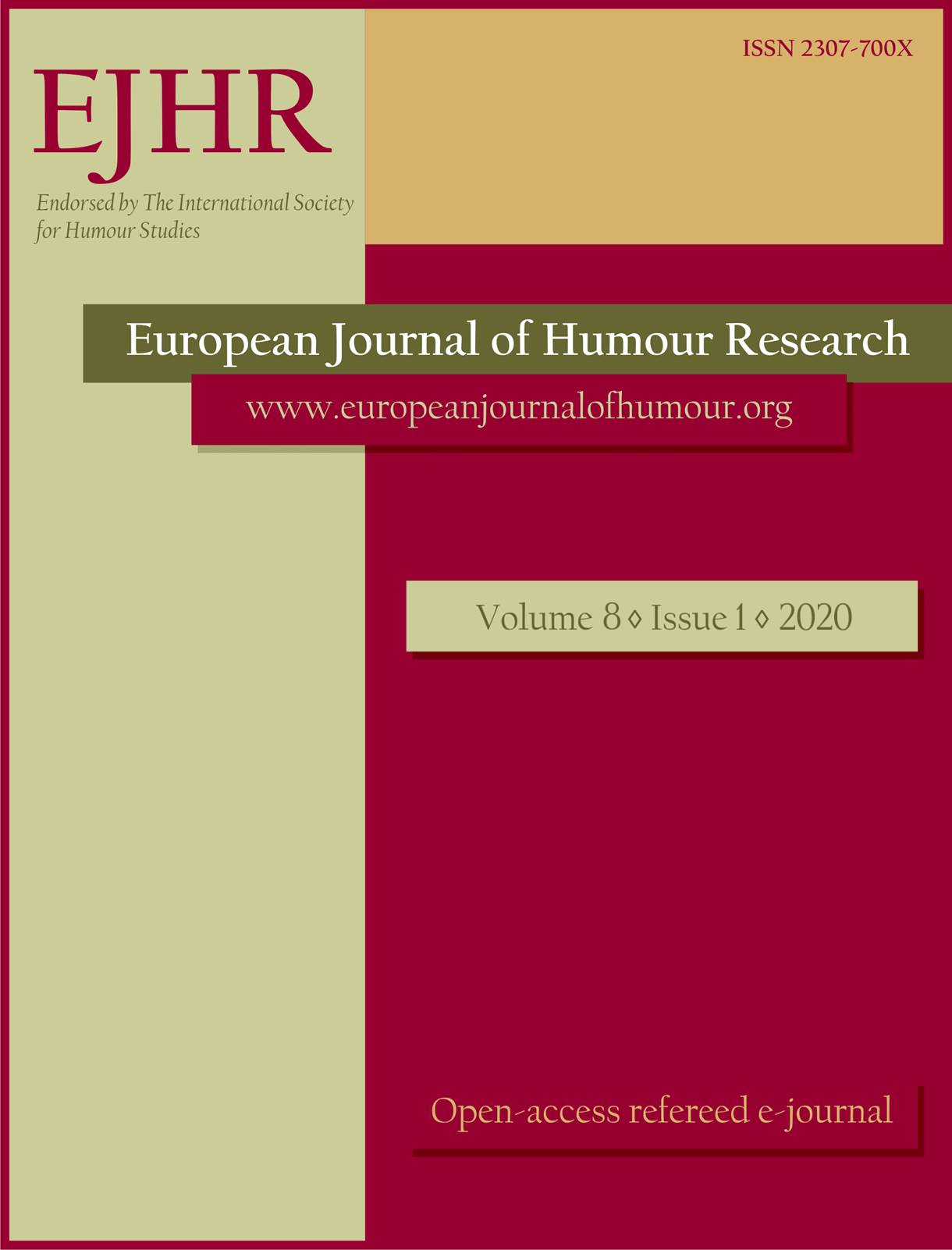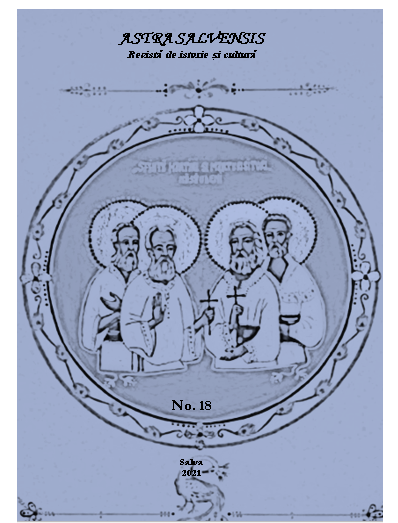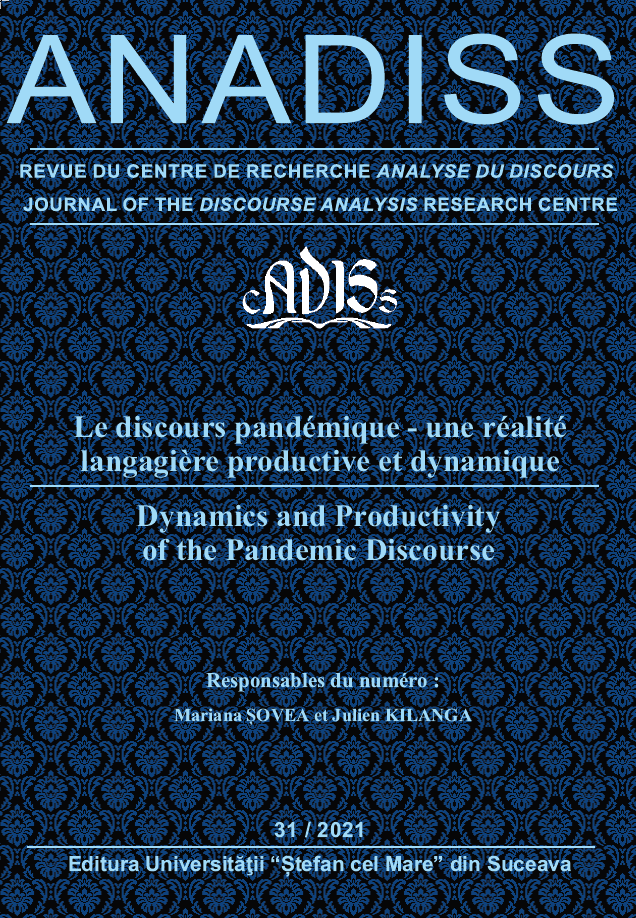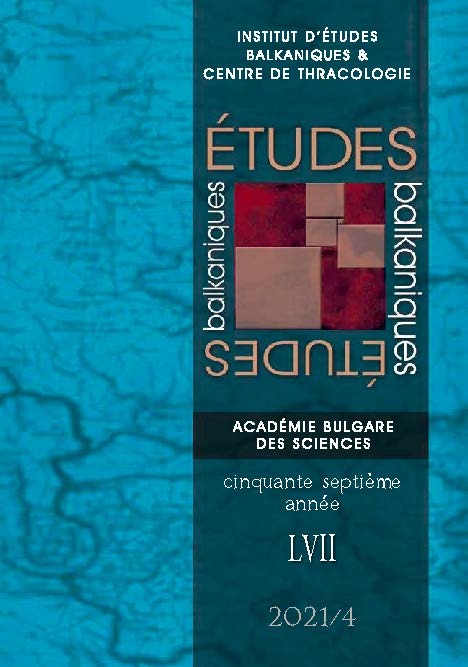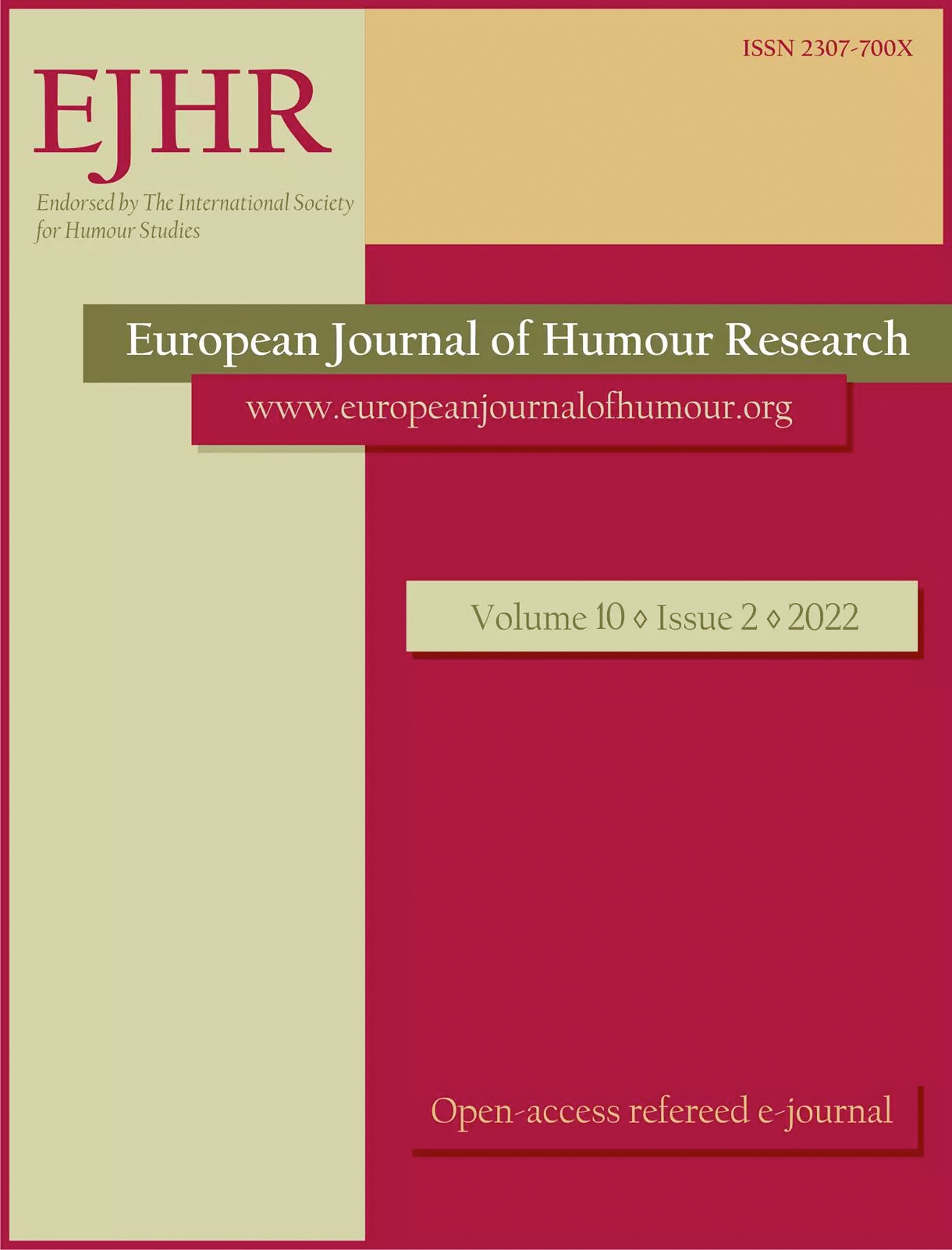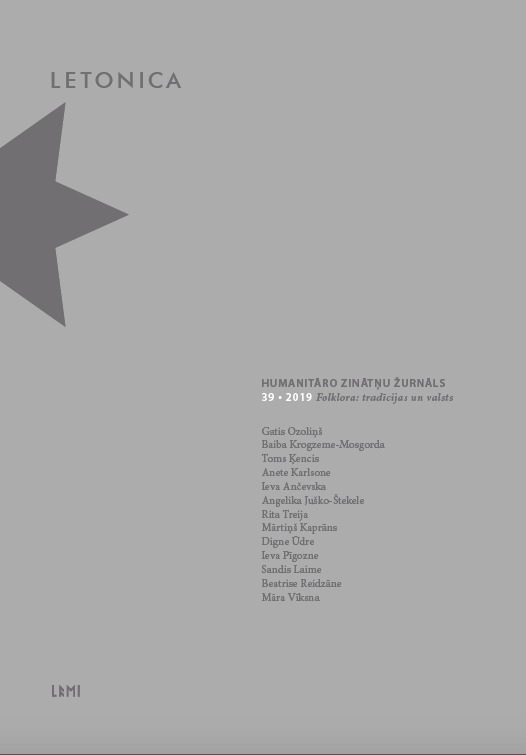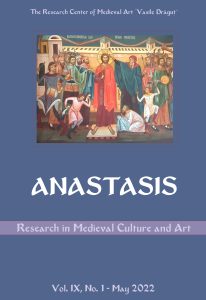Folkloras “valoda” Latvijas politiskajā karikatūrā (parlamentārās demokrātijas posms)
Author(s): Angelika Juško-Štekele / Language(s): Latvian
/ Issue: 39/2019
Keywords: political cartoon; folklore quotes; stylization; allusion; humor and satire journals; conceptual metaphors;
Political caricature as one of the political discourse genres portrays the characteristic comic affect, inter alia, by the implementation of folklore characters, motives, calendar, conventionalities and figurativeness. Especially intensive and diverse usage of the folklore language is evident in the first part of the 20th century, when traditions of parliamentary administration in Latvia just started to develop and the first Constitutional Assembly and first four Latvian parliaments, i.e. Saeima got elected. The popularity of the folklore “language” may also be substantiated by the fact that folklore and mass communication have close relation; theoretically they are non-dissociable because conventional formulas have been used in both verbal and visual communication. However, with the intermediation of the folklore the society expresses traditional values, whereas mass communication culture (which by nature is commercial) strives to create new knowledge, based on a traditional formula. The usage of the folklore “language” in Latvian cultural environment was promoted not only due to the favorable background of parliamentary democracy and freedom of speech, but also by the personalities of caricature authors, who were prominent intellectuals and representatives of art of their time and got excellent knowledge not only in the content of the folklore and its figurativeness, but also were able to apply the knowledge to express a new content related to the current events and interests of contemporary society. The folklore “language” in the beginning of the 20th century entered the political caricature genre in the form of citations, stylization and allusions. Practically, it covered all folklore genres and techniques of figurativeness; it confronted not only the traditional and contemporary values, but also created a new metaphorical understanding about the essence of the parliament and its operating principles. Such conceptual metaphors as “parliament – children” and “parliament – war” have proven to be sustainable even nowadays. Although the last Latvian humor and satire magazine “Dadzis” suspended its publication in 2008, the political caricature still remains popular in Latvia’s renewed democracy. It gets published in printed and electronic media and still serves as one of the most prominent reflections of public political processes.
More...
